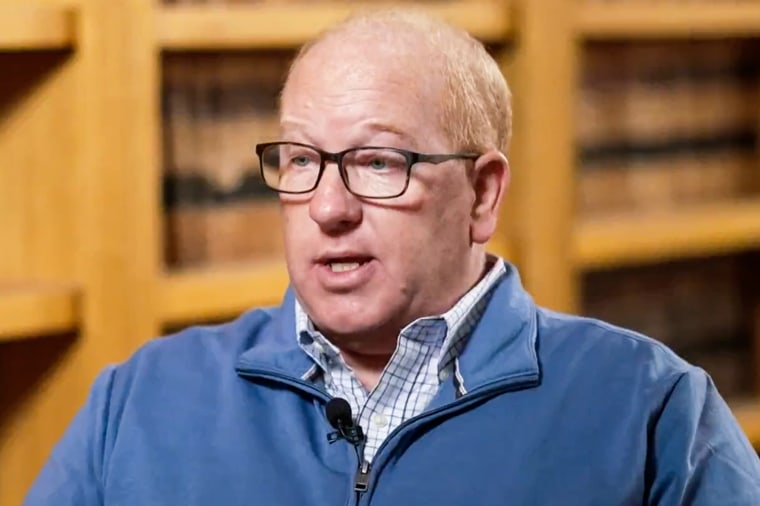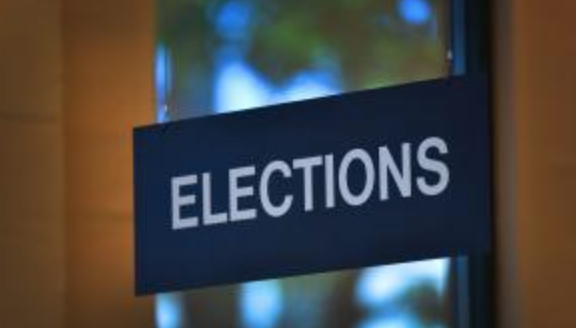The federal organization in charge of securing the country’s elections has advised small towns and rural counties on how to secure their computer networks and vote-counting locations, but some of those communities claim they lack the funds to implement the recommended changes in time for November’s election.
The federal election security agency, the Cybersecurity and Infrastructure Security Agency (CISA), is headed by Jen Easterly. She said that during the 2022 midterm elections, her office received reports from rural regions requesting further election security assistance. She said that CISA, which was established in 2018, is dedicated to providing it.
According to Easterly, “States currently have pretty good resources and capabilities to deal with the full range of threats.” “But the problem with resources is at the local level—townships, municipalities, and counties. Therefore, we have been concentrating there.

However, 17 election officials from smaller jurisdictions in eight states that NBC News contacted expressed concern that their areas and others aren’t receiving the funding necessary from their counties, states, or Washington, D.C., to undertake urgently needed security changes.
The authorities were more concerned about physical threats to election offices and workers than they were about vote results being altered. Numerous clerks told NBC News that the growing threats from individuals who spread false information online claiming that Donald Trump won the 2020 election and who show up at polling places to intimidate election workers have caused a significant shift in their employment in recent years.
Chris Walker, the county clerk for Jackson County, Oregon, remembers the danger her staff faced immediately after the 2020 presidential election, which Trump and a large number of his followers said was rigged. The words “Vote don’t work, next time bullets” were spray-painted in big lettering on a parking lot across the street.
Walker remarked, “It would be dishonest of me to not tell you that I’ve been sleeping poorly.” “The position has changed entirely.”
Eleven months before the incident, a CISA security expert had visited Jackson County and recommended improvements to the outside lighting and CCTV system, but Walker could not afford to install cameras in the parking lot across the street where the threat was shown.
“We received suggestions on how to strengthen site security. It’s a work in progress, however. Walker said, “You can never accomplish everything at once.
Dag Robinson, the county clerk in Harney County, Oregon, has similar concerns over threats against his election workers throughout the state.
The county courthouse, which features a parking lot that was used as a staging place by a militia that was holding the neighboring Malheur National Wildlife Refuge in 2016, will host a vote tallying ceremony in November for his tiny staff.
Robinson said, “For anyone who worked in this building, it was 41 days of hell.”
After the takeover, Robinson called in armed guards from a nearby county to keep staff members safe as they counted votes in a recall election. However, when those guards are being deployed by their home country during a general election, he will not be able to borrow them.
He hasn’t been able to afford the suggestions that CISA offered him, which included arming the doors, securing his power supplies, and erecting a barrier between observers and vote counts.
“They have identified issues that we must address and have provided us with resources to assist with that, but they don’t really provide any funding for that,” Robinson said.
In Shutesbury, Massachusetts, a town without an IT staff, town clerk Grace Bannasch worries about everything that may interfere with her computer and power system, even the weather.

She remembers having to oil her arm in order to reach under an old desk and uncover a backup power source the night before the municipal elections of the previous year. She was glad she did, because the next day, during the election, she did experience a momentary loss of authority. Her worries might be lessened if there was a generator nearby or an IT department she could contact, but the town cannot afford either.
Although Bannasch acknowledges that the federal government purposefully keeps its influence in elections to a minimum in order to give the impression that there hasn’t been any manipulation, she believes it might be more involved.

According to Bannasch, “I think the federal government can absolutely step up and support” the technological component of elections without having the potential to meddle.
Easterly of CISA said that her organization directs local governments to resources where they may apply for grants at the state and federal levels.
Seeking funding may be an excessively costly procedure, according to Brianna Lennon, the clerk of Boone County, Missouri, where she oversees election management. Certain municipalities and counties lack the personnel necessary to ensure they continue to be in compliance and submit funding applications.
Easterly urged governments to increase their funding for local and county election security. States also need to give this a high priority as we approach this year’s presidential election, according to Easterly.
SOURCE: NBC NEWS





